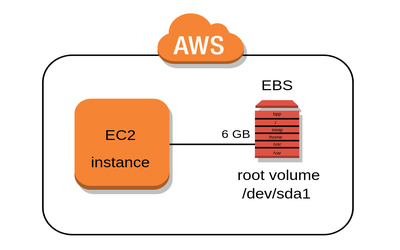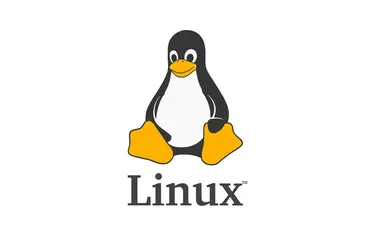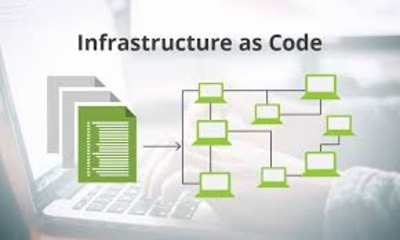Containerization and Orchestration
The Containerization and Orchestration course introduces you to the fundamentals of containerization and the tools used to manage and orchestrate containers at scale. You will learn how to package applications into lightweight, portable containers using Docker, and explore container orchestration with Kubernetes to automate the deployment, scaling, and management of containerized applications. This course provides hands-on experience with the essential tools and practices needed to build, deploy, and maintain applications in modern cloud environments, making it a must-have for anyone looking to work with microservices and cloud-native architectures.
English
Last updated
Thu, 26-Dec-2024




















